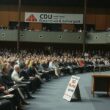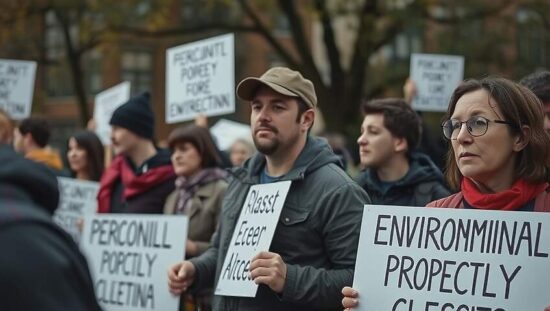A newly appointed leadership team at the Green Party’s affiliated economic association is publicly questioning the government’s approach to Germany’s ongoing industrial transition. The leadership asserts that progress is being curtailed without substantive justification, seemingly driven by prevailing societal trends rather than rigorous analysis.
Marie-Luise Wolff, the association’s chairwoman, stated in an interview with “Süddeutsche Zeitung” that slowing the transformation process is not only inaccurate, but poses significant risks. The group is particularly advocating for the steadfast implementation of the planned ban on combustion engine vehicles by 2035, a policy recently challenged by government representatives.
Co-chair Karl Haeusgen echoed this sentiment, arguing that halting the transition will ultimately fail to safeguard jobs and economic stability. He suggested that instead of abandoning ambitious targets, efforts should focus on facilitating the transition through initiatives such as expanded charging infrastructure, tax incentives for electric vehicle owners and more affordable electricity.
The leadership change saw the economic association assume oversight from two managers originating from established industrial sectors. Wolff, previously chair of the German Association of Energy and Water Industries (BDEW), currently serves as chairwoman and oversees Entega, an energy utility. Haeusgen, former president of the German Engineering Federation (VDMA) and currently supervisory board chair of hydraulic industrial firm Hawe Hydraulik, holds the co-chair position.
Both leaders acknowledge a strained relationship between the Green Party and the business community. Wolff highlighted the presence of elements within the Green Party perceived as economically detached, alongside a degree of economic distrust within the business sector. They also call for adjustments within the Green Party itself, specifically opposing proposals for new levies on companies involved in fossil fuel industries, which they deem counterproductive. “As the Green Party’s economic association, we champion incentives, not burdens” Wolff emphasized. She indicated that policy adjustments should only be considered if established goals are demonstrably at risk.





